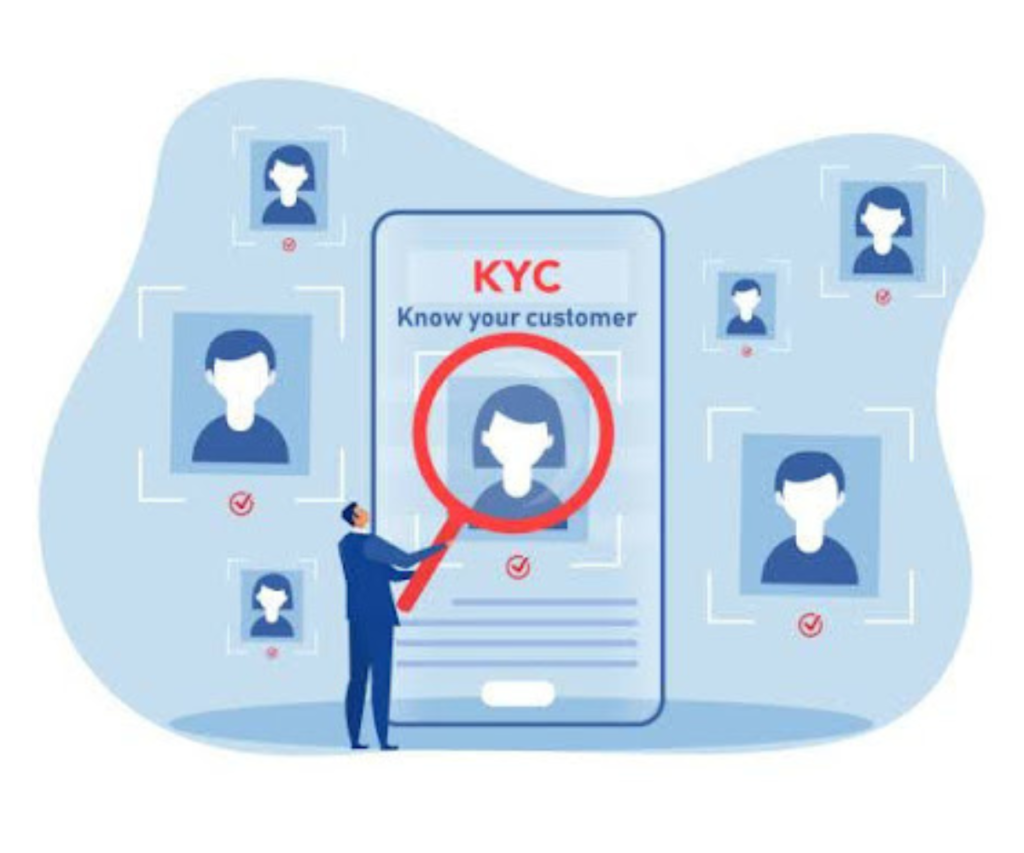Automated KYC regulations are entering the financial world through these fast-moving systems. It helps them along the challenging regulatory path set out by the authorities. It follows particular steps for the subsequent validation and authentication of customer IDs. Regarding the fintech space, Know Your Customer (KYC) validation is vital to put the barriers against various unauthorized financial frauds in place.
There is a potential risk of KYC default by financial professionals; their problems may be aligned with underground activities. This article will show how a flourishing KYC sets itself into forming a successful authentication method.
For further reading on Tech, visit Gadget Gids.
Phishing Attacks and KYC Regulatory Compliance
Recent studies claim that in Australia, a business sector reported around 1011 phishing scams, meaning that the surface rate of illicit banks will increase with time. Thus, it can clearly be stipulated that eKYC compliance would enforce a successful means of success in the battle against spoofing attacks. The due diligence checklist involved within the KYC regulations process assists businesses in assessing the client’s risk level. Such state-of-the-art solutions will lead clients to appropriate their databases with all the information they want in their authentication processes. This vigilance underscores the importance of KYC software within the fintech industry.
KYC Regulation in the Fintech Sector
Fintech includes firms such as insurance, banks, financial lending institutions, money exchanging institutions, and the payment industry using KYC regulation for client verification.
Those institutions are more prone to imposters who steal company credentials only to carry out illicit activities due to the nature of their work. Thus, companies must involve a KYC provider that helps them best assess the potential risks regarding their potential customers to hinder such fraud.
Know Your Customer: KYC – An Era of Radical Security
The new KYC regulations promoted business conduct, with security and an edge over the competitive market being the immediate effect. The monetary businesses handle very critical and sensitive financial information. Hence, vigilance is required when taking in clients. KYC, therefore, is the key to improving a business’s performance and achieving its outcome’s exactness.
Implementing biometric measures and ultra-modern data analytics techniques has gone a long way in assisting financial institutions. These technological advancements ensure that the industries remain atop the pile.
KYC Tech-Driven Innovations
Technology is significant in KYC compliance because it accurately identifies and stops unprecedented criminal attacks in the cash business. For instance, if the customer is suspicious and the company employs advanced data analyst tools, it is much easier to focus on whatever risks it has. These advanced data analytic tools can create a suspicious pattern in client transactions. Thus, flagging terrorism financing and money laundering becomes easy for businesses.
It is a primary obligation of financial institutions in line with AML KYC regulations. Without that, banking institutions would struggle to differentiate themselves from many others. Such regulations were ordered to stop swindlers from defrauding organizations.
KYC technology is a great boon to the financial sector, which builds goodwill with society as clients become more confident with a company that offers Know Your Customer services. In brief, Video KYC regulations provide confidence on both fronts of a business and client in making sure regulatory requirements are directed towards real-time or successful outcomes.
Authentication Required to Comply with KYC Regulations
Continuous Monitoring
Advanced KYC regulations implement long-term monitoring, which is essential for financial sectors. This sustains financial businesses and grants different strategies to tackle money laundering and-willingly-terrorism financing challenges. With the help of Know Your Customer service providers, businesses can control money laundering and terrorist financing risks.
Customer Identification Program (CIP)
CIP is a customer implementation program offered by numerous businesses to evaluate people’s risk identification profile. It works entirely with the KYC rules, avoiding all dubious involvements and offering businesses a crime-free working place.
Continuous Updating
The KYC-appropriate condition is met by creating a regular report collection about timely updating of essential client information in the database. There is a database where all the required data for client ID is stored. KYC software mounts such a record to the financial agencies. The greatest benefits such fintech firms enjoy in this respect are:
- Task completion at real-time verification of clients and evolution of KYC compliance.
- Does not require more onboarding of resources for such tasks.
- The results returned are of excellent quality; they are all-inclusive and contain all the client-specific information that any firm will need during its authentication process.
Ultimate Findings
Complete verification of client behaviour is one of the significant steps that KYC regulations provide; by doing so, businesses can save themselves from involvement in illicit activities. Such innovative solutions assist financial sectors with continuous monitoring facilities by which they can control the high-risk level associated with terrorist financing and money laundering. eKYC, risk-driven approaches, and biometric measures are essential for companies to save their dignity and complete verification tasks in real time. Therefore, businesses that want to be on the list of forefront companies in the industry must implement Know Your Customer solutions within their systems.




